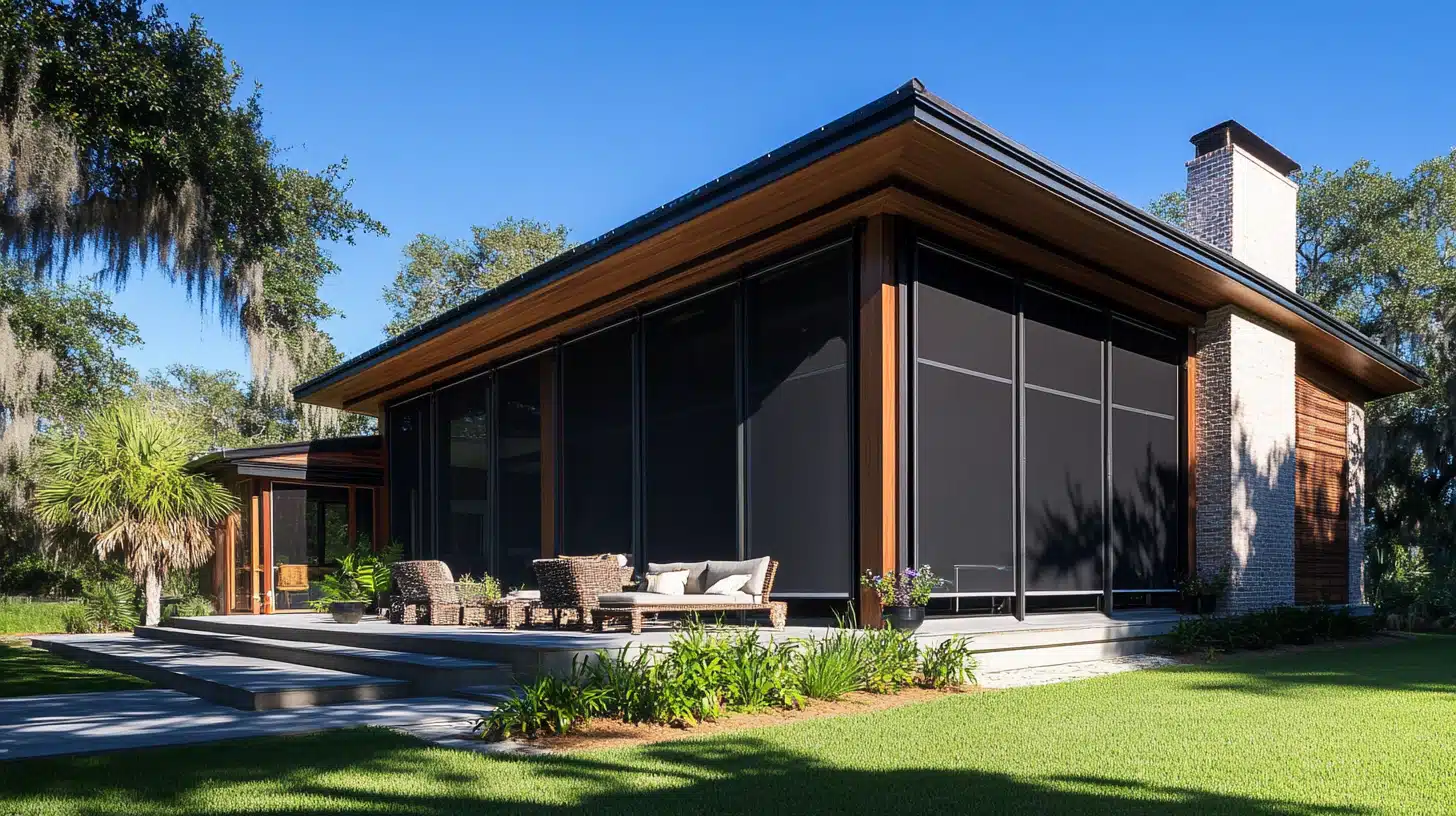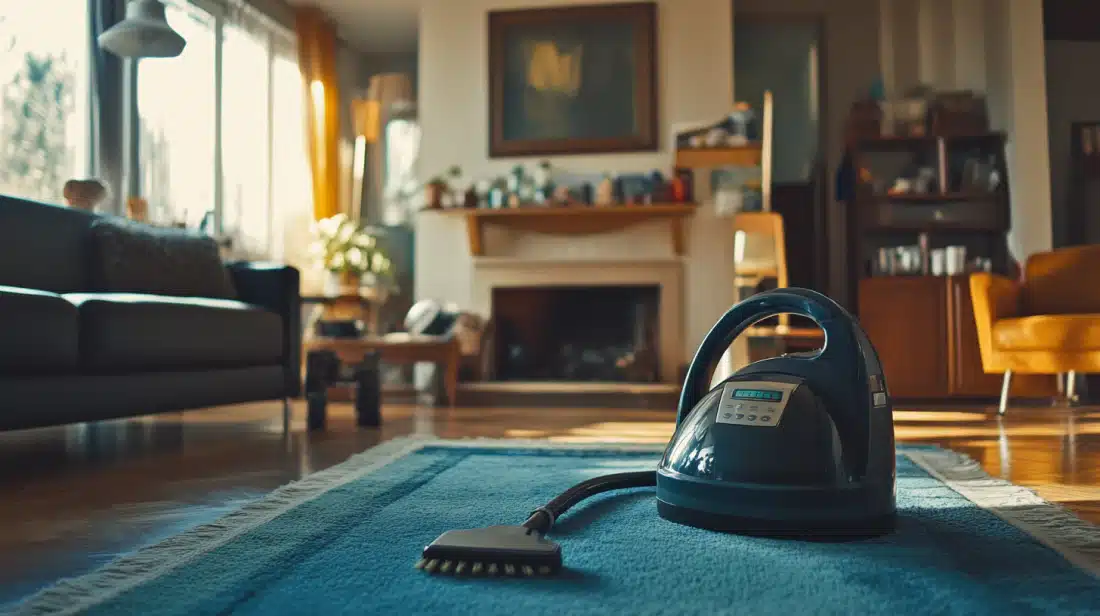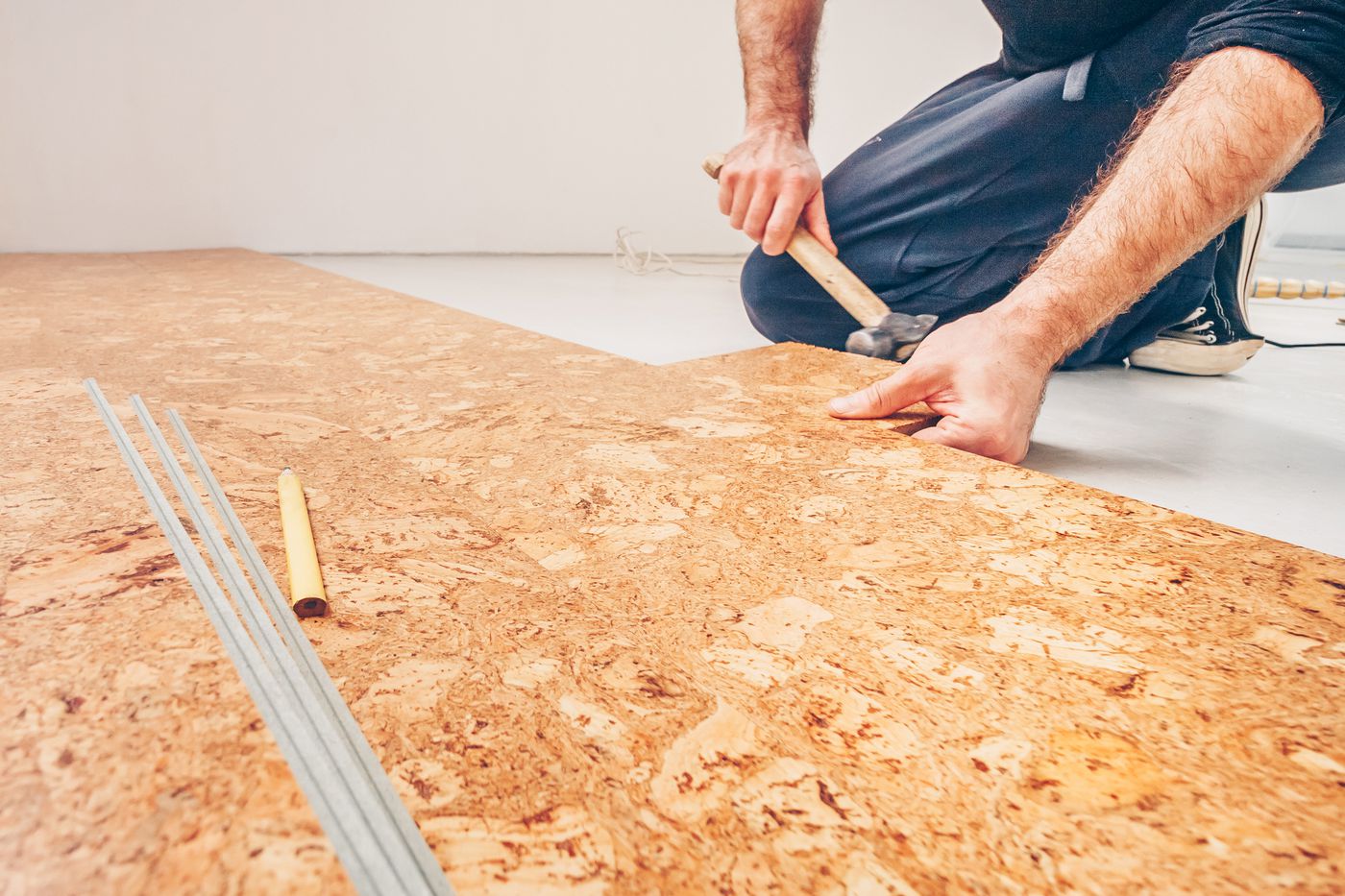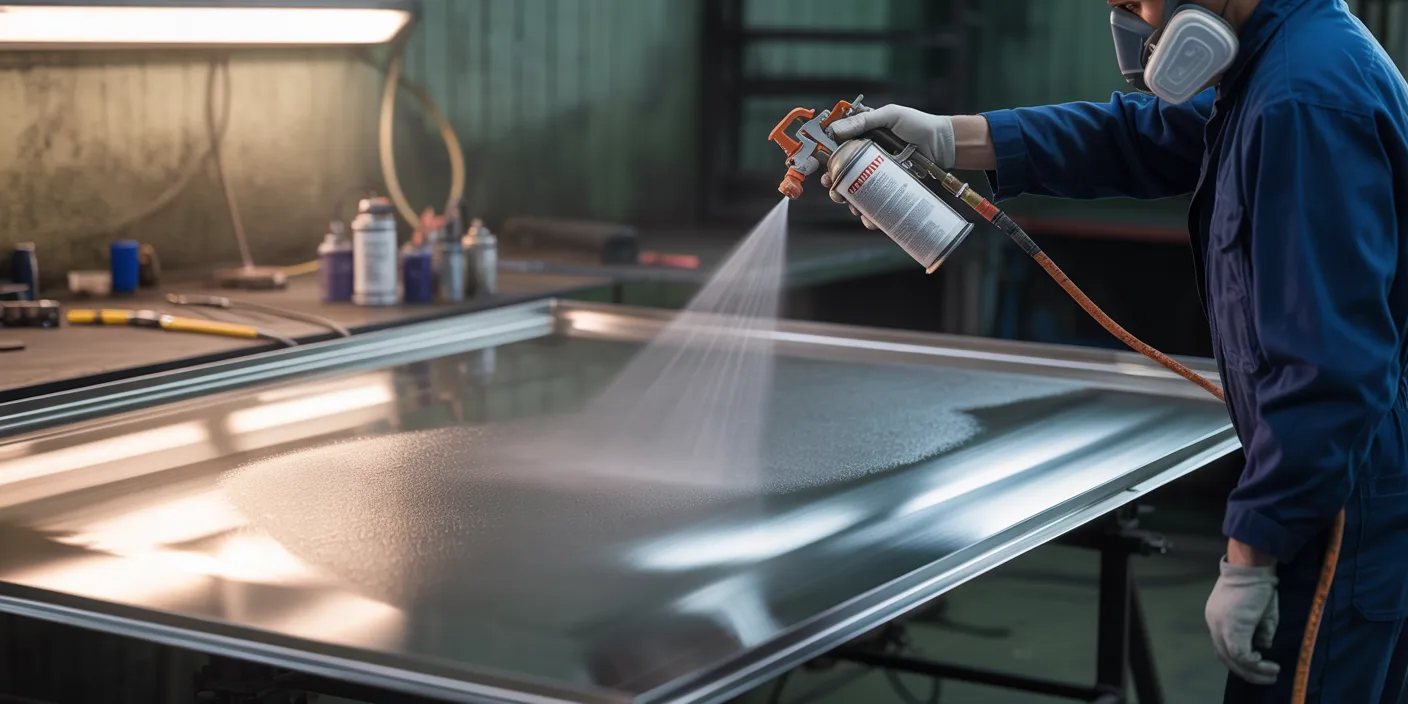Benefits of Solar Screens on Your Home
The energy efficiency benefits of residential solar screens are becoming more recognized. Not only do these window accessories help to insulate your home and reduce solar heat gain, they also offer potential savings on cooling costs during the hot months.
Adding solar screens onto your windows can further increase these benefits, making a noticeable difference in your home’s comfort and energy consumption. The screens work by reflecting sunlight away instead of letting it seep into the house, helping to keep temperatures down.
For those living in Texas where the summer heat can be intense, investing in quality solar screens designed for maximum efficiency is essential. Apart from improving your home’s energy performance, they can also enhance its appearance with their sleek and modern design.
Why Use Solar Screens For Your Home?
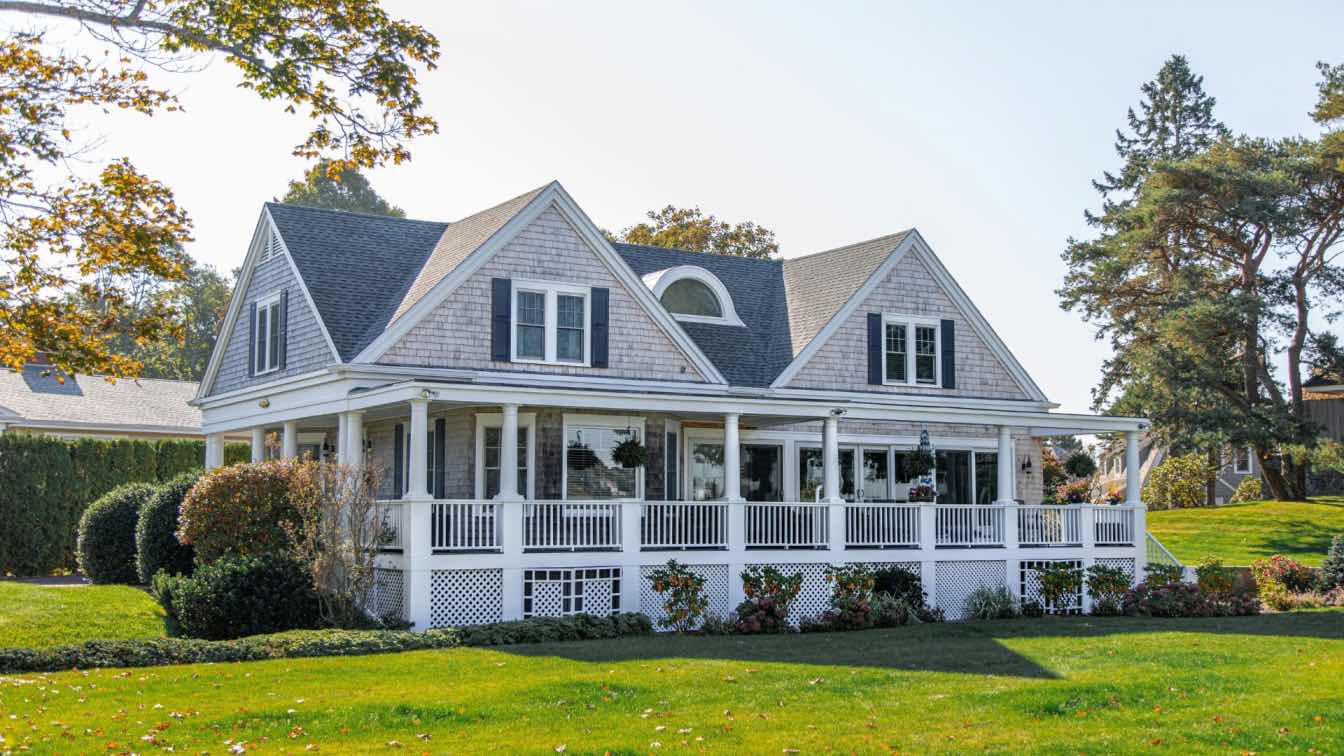
What benefits can you expect in terms of cost savings?
Solar screens result in significant financial returns. Your monthly utility bills reduce, freeing up more of your money to spend on things you love.
How will solar installation affect your electricity consumption?
Solar energy systems decrease your reliance on the grid. You become a part of a sustainable environment as you generate your own green power, usage facts aside.
Can having a solar power system increase the value of your home?
Your property’s value can rise because of an installed solar energy system. Just like renovated kitchens raise house value, so can these eco-friendly installations.
Is it possible for solar screens to work everywhere?
The United States receives an extensive amount of sunlight. This makes it possible for solar screens to operate effectively across most of the country.
What are the key environmental advantages of using solar screens?
Solar power generation significantly lowers greenhouse gas emissions like CO2. It also cuts down on other dangerous pollutants, contributing to a cleaner, healthier environment around your living space.
Benefits of Exterior Solar Screens
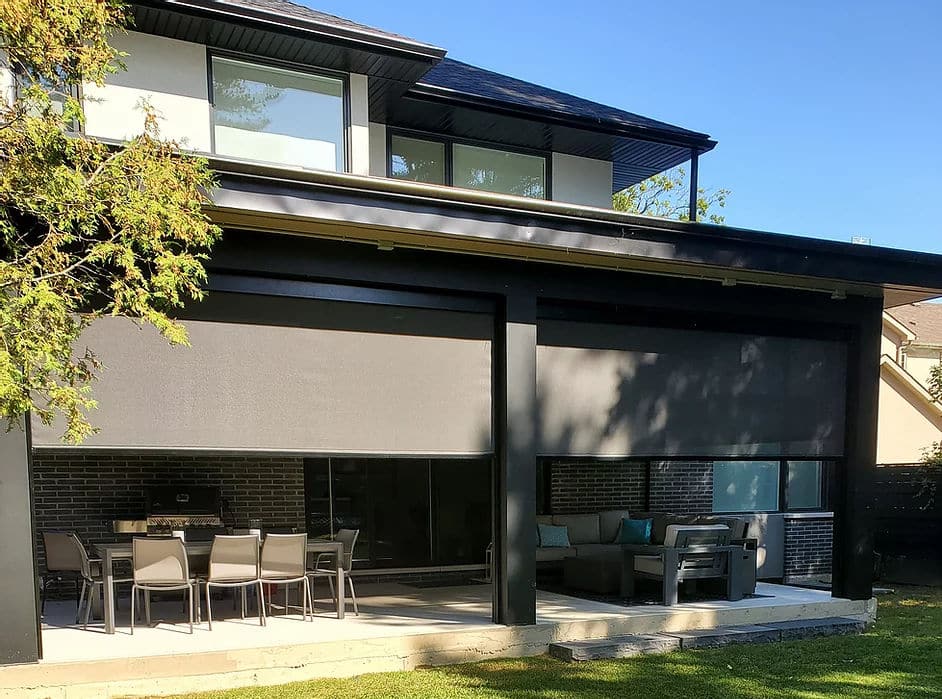
Exterior solar screens like Phifer block harmful UV rays, reducing solar heat gain perfectly for your doors and windows.
They are instrumental in reducing energy costs by deflecting sunlight, making indoor temperatures more bearable.
These screens act as a barrier, blocking 65-90% of the solar heat and glare from entering your rooms.
Offering significant savings on energy costs, they absorb and disperse the sun’s radiant heat.
| Benefits | Percentage | Cost-Savings |
|---|---|---|
| Solar Heat Blockage | 65%-90% | Yes |
| Energy Efficiency | N/A | Up to 25% |
| Insect Protection | N/A | N/A |
Your home gets protection from damaging UV rays that cause flooring and furnishings to fade over time.
Apart from energy cost savings, these screens also substantially bring down glare for comfortable working or reading.
Solar screens offer insect protection, enhancing the comfort of your living spaces by keeping bugs outdoors.
The screens, besides offering solar control, also improve daytime privacy by adding an extra layer.
They ensure a better air quality with GREENGUARD Certified products that meet high standards for low VOC emissions.
The screens are durable, pet-resistant, and easy to clean, making them an excellent choice for exterior sun control applications.
Solar Screens vs. Window Tinting
Glass exteriors on modern homes are visually appealing but trap heat. This heat boosts your air conditioner’s work, increasing energy consumption.
Solar screens and window tinting mitigate these issues, providing relief. So, which is better? That depends on your individual needs and preferences.
“Solar screens obstruct exterior views from inside.”
Window tinting uses a thin laminate film, providing an unobstructed view while offering the same protections.
Window film has multiple benefits beyond thermoregulation, including improving aesthetics and preventing vandalism.
While the initial installation of window film might be more expensive it has a greater shelf life than solar screens.
Solar screens can gather dirt over time, reducing their visual appeal and requiring regular cleaning.
Window film adheres directly to the glass, eliminating this problem and is easier to maintain as long as you avoid using abrasive cleaners or ammonia-based products.
In terms of energy efficiency, window films offer superior performance due to their insulating properties.
Solar screens and window tints each have unique advantages, making either a viable option depending on your home design preference and maintenance ability.
How Solar Screens Work
Solar screens harness power from the sun, the most abundant energy source available to humanity.
Fusion Reactor in the Sky
The sun’s immense fusion reactor radiates heat and plasma continuously.
Transforming Solar Energy
Recognizing this potential, innovative minds devised photovoltaic cells or solar panels.
The Power of Solar Panels
Solar panels generate electricity by channeling the sun’s rays into usable power sources.
Promise of a Solar Revolution
The idea of powering our homes completely with solar energy has become more than just a distant dream.
Solar Energy Abundance
Bright sunny days emit around 1000 watts of energy per square meter on Earth’s surface.
How to Use this Energy
Harvesting all that energy could potentially fuel our homes and offices cost-free leaving plenty in reserve.
Solar Technology Advancements
Solar panels were used exclusively in space before but now are increasingly part of our daily lives.
Ubiquitous Solar Panels
From sunglasses to electric vehicle charging stations, solar technology is becoming commonplace.
Choosing Between Solar Screens and Solar Shades
Solar screens and solar shades offer similar benefits, but have key differences.
Solar shades are made with PVC or HDPE mesh, unlike the typically vinyl or fabric-made roller shades.
- Difference in material: Solar shades possess perforations, allowing you to see through while blocking sunlight partly.
- Privacy concerns: Yes, solar shades lack absolute privacy owing to their ability to be seen through at night.
- Heat and Cold: Solar shades limit the incoming sunlight reducing heat but do not block cold due to their mesh design.
You can use solar shades effectively on french doors, especially with a hold-down bracket to stop unnecessary movement.
A Solar Sliding Panel would be a better fit for sliding glass doors or door walls. It moves side-to-side, enabling easier operation.
Interior and Exterior are the two types of solar shades. Only exterior shades are designed for outdoor use promoting durability against harsh conditions.
Solar shades are highly convenient since they are very easy to clean. Use your vacuum’s brush attachment to dust them gently.
Please follow the manufacturer’s instructions precisely when cleaning your solar screens or shades. Submerging them in water may invalidate the warranty.
Ambient lighting can achieve a dramatic interplay of shadows and light in your home decor with the solar screens.
The ability of solar screens to protect furnishing from fading makes them a better choice for areas exposed to direct sunlight and UV rays. Lastly, both can give a new elegance touch to your windows.
Potential Downsides and Considerations of Solar Screens
Solar screens can lower your energy expenses considerably, up to 33%. However, their effectiveness relies heavily on the quality of installation.
Solar screens have a useful life of roughly 10 years. This depends on factors like climate and screen quality. Within three years though, they start fading under direct sunlight exposure.
Lifespan Extensions
Duly maintained solar screens tend to last longer. Quality of maintenance said to boost longevity is mostly contingent on use and climate.
Physical Appearance
Darker screens may enhance outward visibility but sacrifice natural light inflow. In contrast, lighter screens allow in more light but compromise view clarity.
A Look at the Budget
The per-square-foot cost of solar screens lies between $4 and $7.50, with the potential for higher costs. Fitting multiple screens tends to lower overall charges for each square foot.
The Installation Bill
Labor costs typically range from $75 – $200 per window, averaging at around $140. This expense can pay itself in a span of one or two years if you hire local professionals for replacements.
Wrapping Up Solar
Throughout the blog, you’ve discovered how significantly solar screens can boost your home’s energy efficiency. They’re an affordable, effective way to cut down on cooling costs.
Solar screens also provide you with formidable protection against harmful UV rays, safeguarding your furnishings. By now, you have no doubt that they are a worthwhile investment for your home in the long run.
Lastly, remember, they also increase privacy while maintaining your view. With their easy maintenance and increased lifespan of HVAC systems, they benefit not only your comfort but also your wallet and environment.

